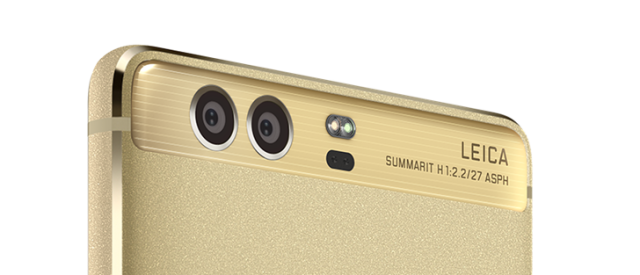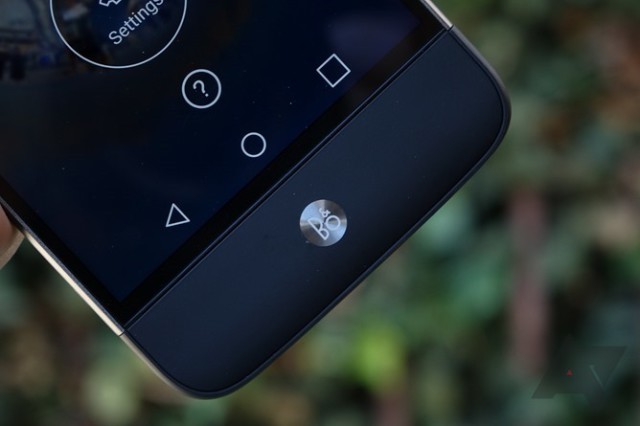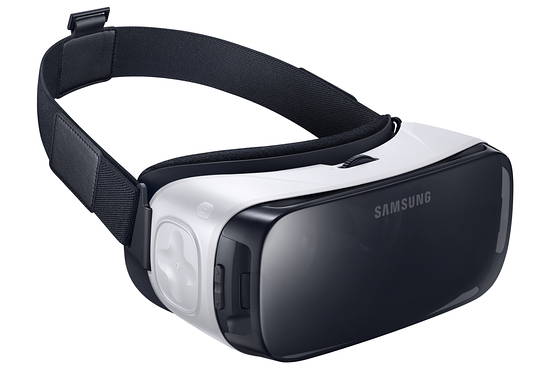Marketing is truly ruthless, especially in the current context of the smartphone market. And other brands often become a tool for increasing sales.

The P9 smartphone, the newest flagship of the up-and-coming Chinese company Huawei, has a camera with the Leica inscription on the module. The reason for this is the image of Leica, a well-known manufacturer of luxury cameras and optics with products ranging from a thousand dollars to the price of a small luxury German sedan. It is possible to discuss the merits of Leica until hoarse, but I want to understand why the brand became part of the device Huawei.
It's all about associative power, ladies and gentlemen. In this case, the Leica brand, which most consumers associate with products that carry the image of luxury, privilege, prosperity and prestige. I'm not saying that everyone thinks so. What is really there, some quite possibly do not know about the existence of Leica. But a significant percentage of people are aware of the brand's presence on a smartphone, which could influence their decision to buy the P9. It is worth noting that this happens regardless of whether the brand applied to the case means the presence of some Leica hardware inside it, an improvement in the image processing process, or something qualitatively affecting the device. Many people buy a phone with no idea how digital imaging works or whether Leica can make a tangible change to the process. After all, Leica doesn't make mobile cameras, sensors and (at least for the time being) lenses for them, and personally I doubt they were so much involved with the camera in the P9 that they decided to decorate it with their brand. I don't scold the camera in P9, it can be cool, I don't know that yet. I just doubt the level of Leica's involvement in its creation, as they are trying to convince us Huawei.
Vlad Savov from The Verge tried to get specific comments from Huawei on this aspect of the device. And guess what the company representatives answered? A predictable set of evasive explanations. Leica certification in Huawei refers to the collaboration on the design of the camera module. Vlad Savov: 'Given Leica's tendency to cynically rebrand Panasonic cameras and inflate their prices, I doubt the value of this collaboration until the company reveals some clear benefits.' Leica has never made a camera for mobile devices to stick its brand on someone's phone, it's important to keep that in mind.

Another collaboration with the luxury brand was recently noted by the company LG in its G5. Мы говорим об одном из анонсированных модулей — цифроаналоговом преобразователе Bang&Olufsen Hi-Fi. I used the device and, as I expected, the module did not have such a significant effect on the audio, because it just drives it through digital processing and / or an equalizer, which in my understanding is the opposite of a stand-alone digital analog / amplifier, which should be as invisible as possible leaving the listener with the option to customize. Насколько нам известно, B&O не приложили руку к самому модулю. And to be honest, there is no reason to believe otherwise. В конечном счёте, B&O является узнаваемым брендом в мире люксового звука и украшение этим брендом маленькой коробочки c электроникой с приданием ей статуса Hi-Fi является чистой воды маркетинговым шагом.
Smartphones have become widely available, and competition among manufacturers is increasing as they use mostly similar components, technologies and processes to optimize the end user experience and it becomes more difficult to differentiate products. In fact, we have one premium processor manufacturer (Qualcomm), one premium camera sensor manufacturer (Sony), several ODM display manufacturers (JDI, Samsung, LG, and others) and mostly identical in performance lithium-ion batteries. And also – an identical OS and application store, which everyone is well aware of.

All this increases the attractiveness of partnership agreements with regard to manufactured devices. В конце концов, если у компании получается заключить годовое эксклюзивное лицензионное соглашение с Leica в части камеры или B&O в части аудио-оборудования премиум-класса, то в её активе есть что-то, чего нет у конкурентов. It doesn't matter if this partnership will benefit the end consumer (and I’m not saying that it will not be useful, it’s just historically how it works), it can be used in marketing materials and advertising, which can ultimately differentiate the advertised product. Some of the affiliate campaigns are quite significant, take a look at Samsung and Oculus. Some are not, like Montblanc's absurdly expensive stylus for the Note 4. And many partnership agreements between brands, especially luxury ones, are not aimed at the product itself, but at helping to sell their own brand. Therefore, I want to appeal to you: be careful, marketing is everywhere, it can easily increase the face value of devices, and smartphone manufacturers are desperate to lure you into their 'networks'.
Original materials 1, 2, authors – David Radok and Vlad Savov.
Elir: I think for most readers such tricks are nothing new, but now we can see another increase in cooperation between manufacturers of equipment and premium brands. The trend is interesting, but I would like to see more practical benefits for users, and not just marketing for media noise.
It is worth to pay tribute Huawei, the promotion of P9 is done at a decent level, I sincerely wish the product to justify the investment. But Leica certification should not be perceived as something overshadowing all other parameters, read reviews, see camera comparisons, and only in this case, instead of the top flagship, you will not get a pig in a poke. However, this thesis is applicable to any technique. How do you feel about the partnership of manufacturing companies? Marketing Pitch or Functionally Significant Products?
